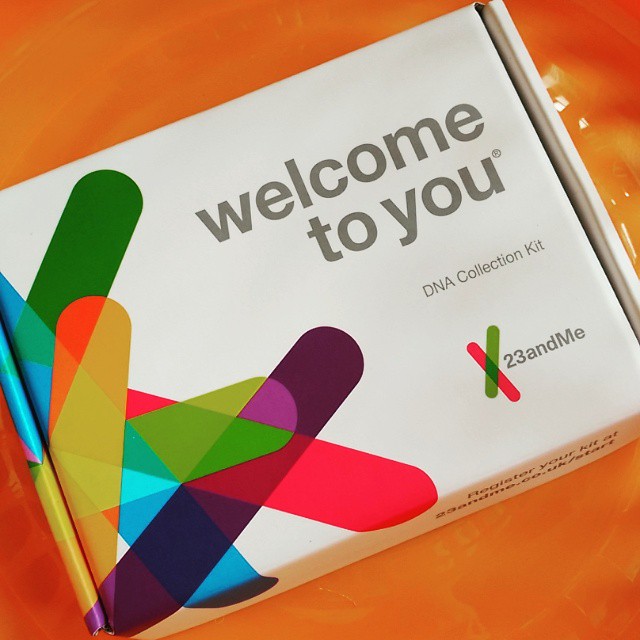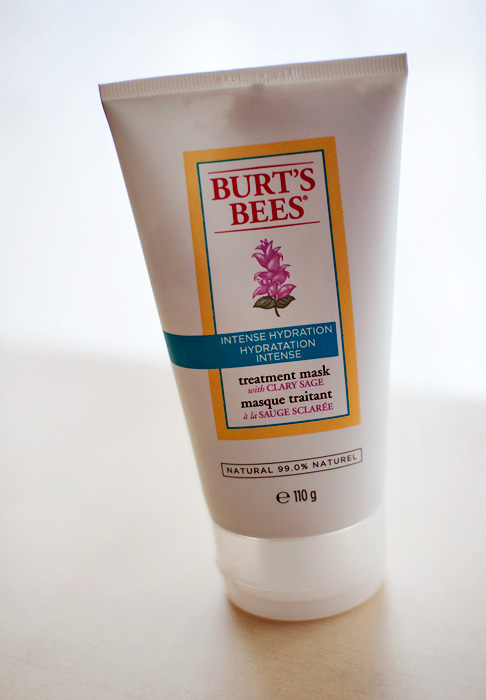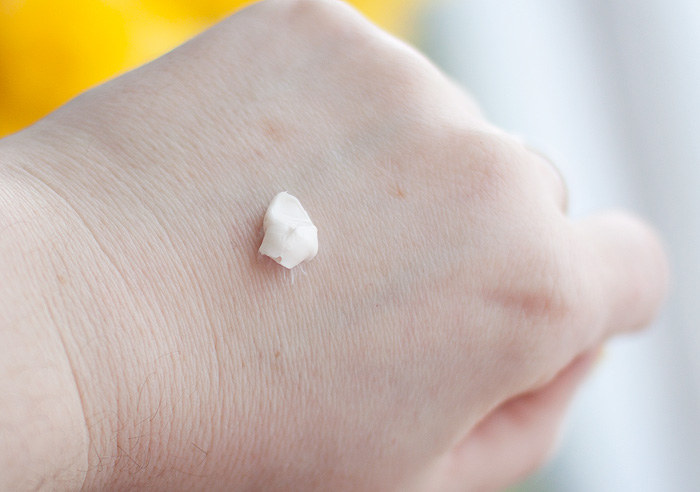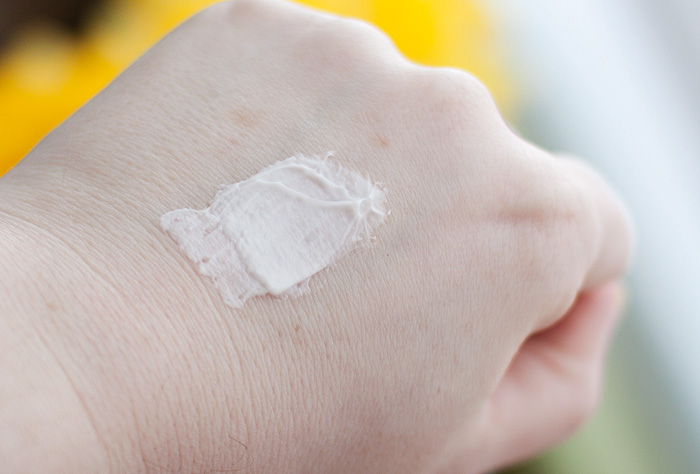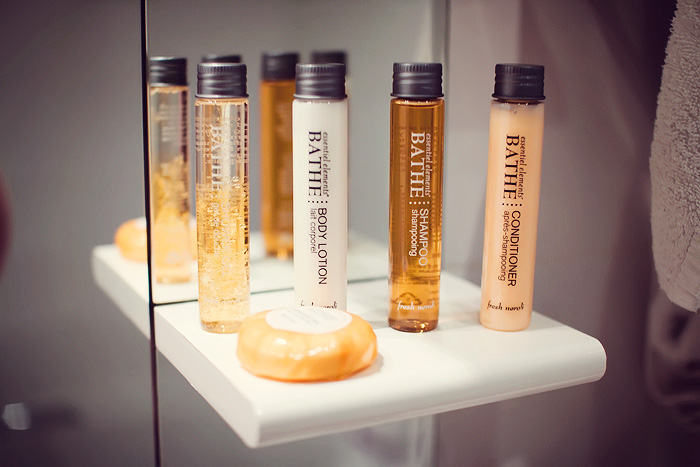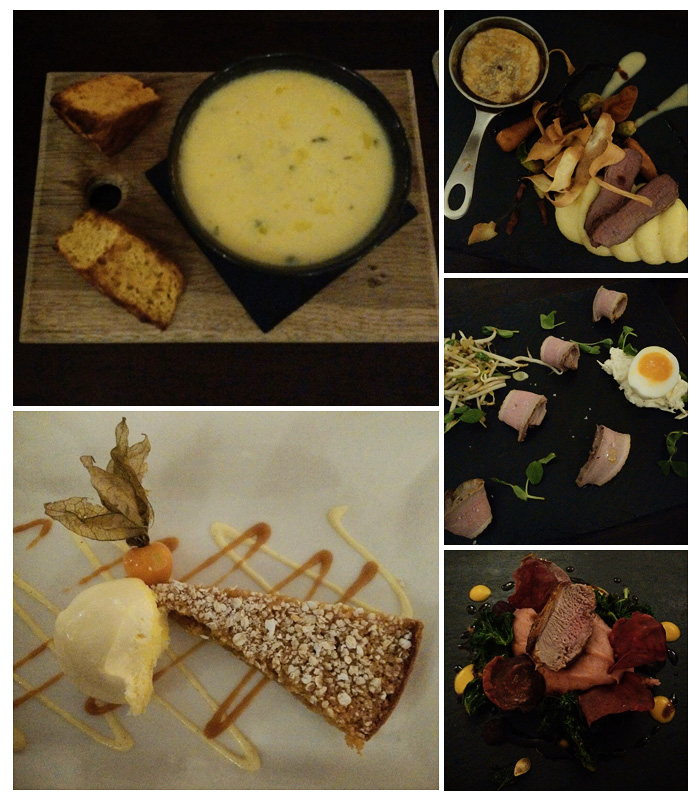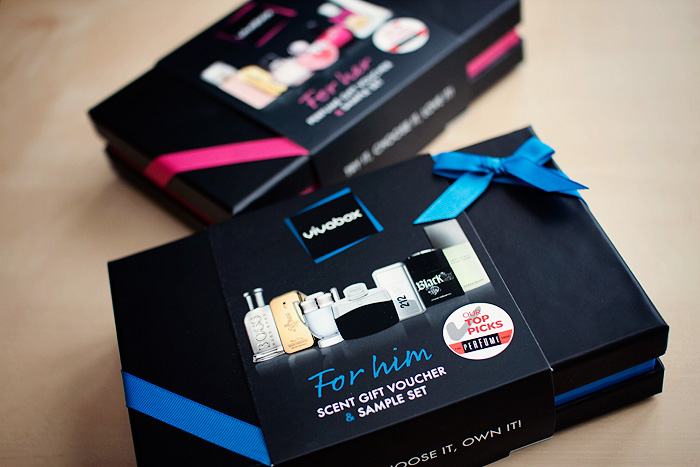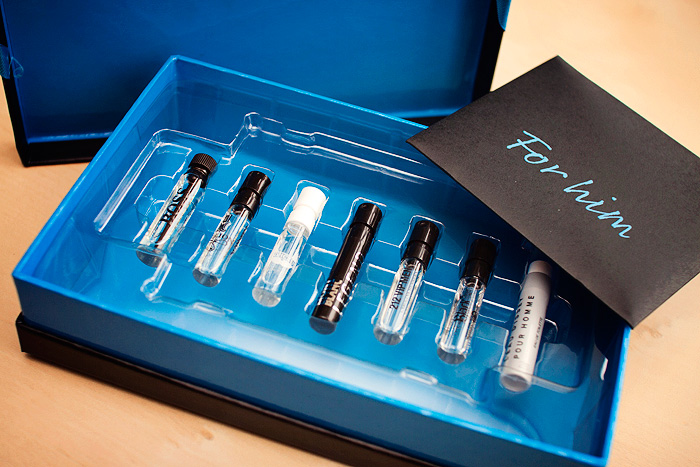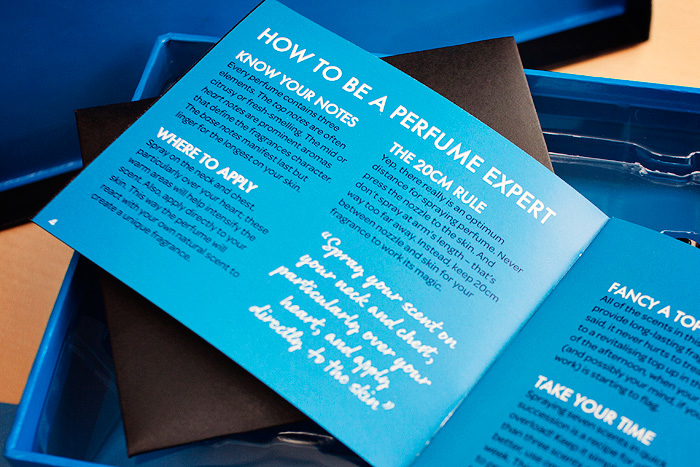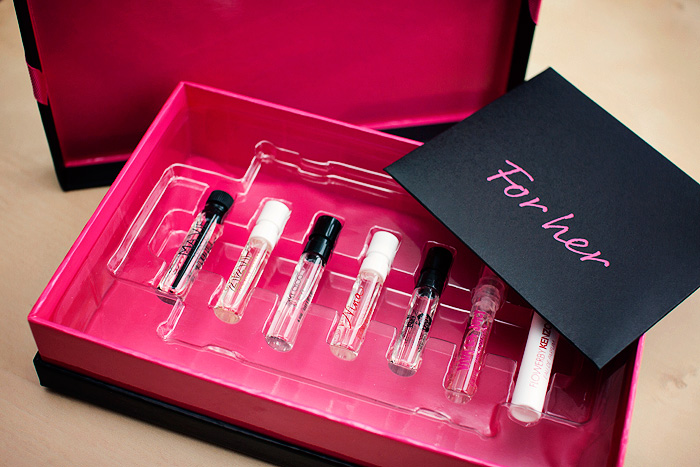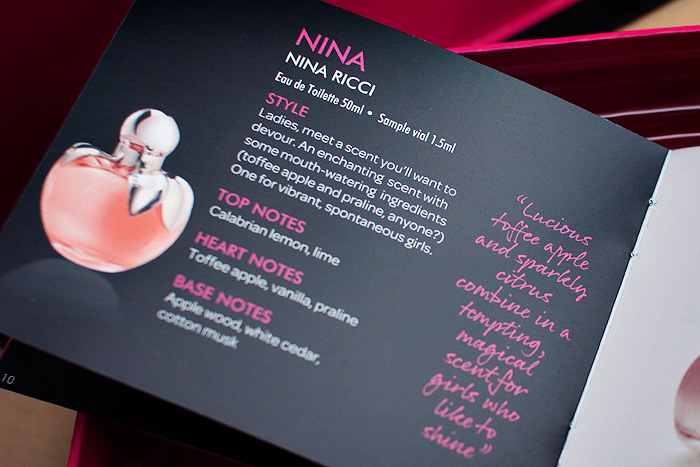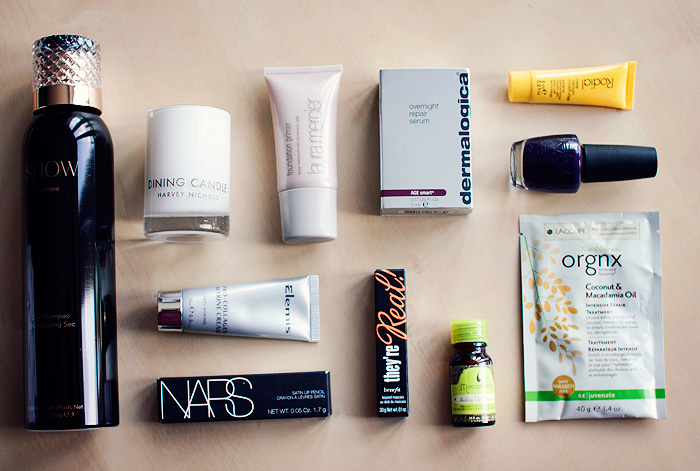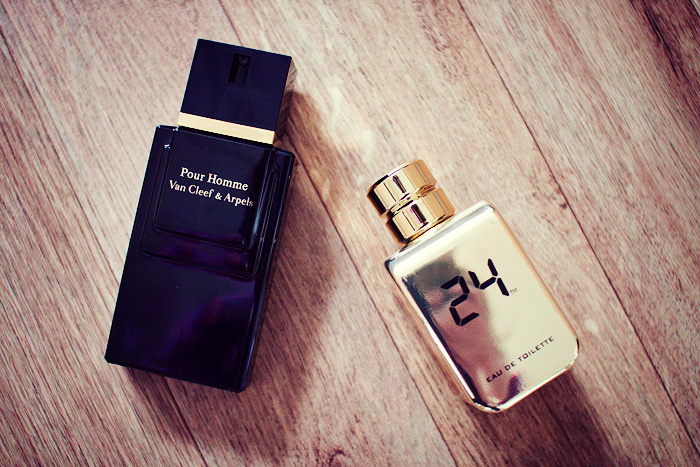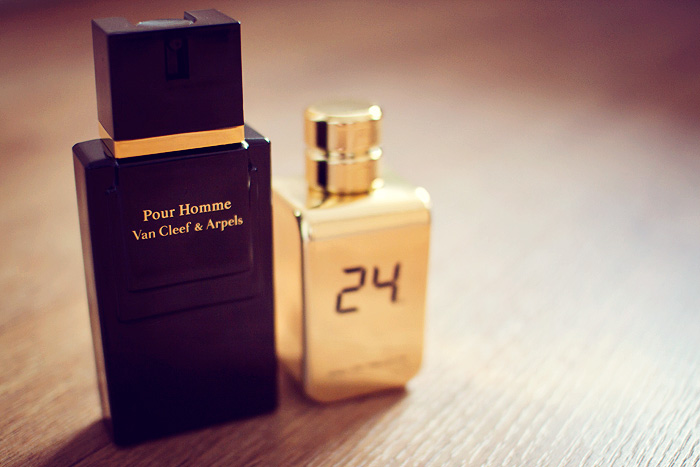When I received the email from 23andMe informing me that my results were ready, the rush of excitement, anticipation, and fear was real. I could taste it. My heart rate quickened and I had to steady myself before clicking through. You see, these things are no joke. If you’d rather hide under the metaphorical duvet covers and not face up to the potential realities of your future, this service probably isn’t for you. Thoughts of Parkinsons, Alzheimers, Breast Cancer and other inherited conditions could well be about to take a goose-step into your psyche.
For me, although the idea of discovering potential health issues wasn’t entirely unproblematic, I felt that I’d rather be forewarned. There are so many lifestyle changes that I could make, that I should make to boost my chances of a healthier later-life and I’m not opposed to the idea of a little kick up the bum.
Of course, one should not lose sight of two very important facts.
Just because your genes show a disposition to developing a certain condition, this does not mean that you will inherit. And perhaps more importantly, just because your genes don’t show a disposition… doesn’t mean that you won’t develop it anyway. I may not show any mutations in the BRCA1/BRCA2 gene varients, but that doesn’t make me immune to developing breast or ovarian cancer, I will still be vigilant in my monthly boob checks – I just won’t be rushing off to my GP demanding that he lop both breasts off there and then. Clearly, I’m not the type to overreact!
So caveats aside… what did my results show?
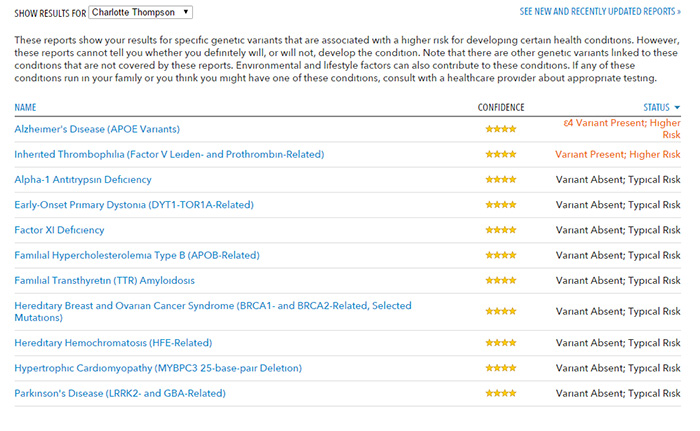
I’m at a higher risk of developing Alzheimers thanks to having one copy of the APOE ε3 variant and one copy of the ε4 variant. The ε4 variant is particularly associated with higher risk for developing Alzheimer’s disease. Infact, it’s the strongest known hereditary risk factor for late-onset Alzheimer’s (after the age of 65). But as frightening as this may initially sound, it puts me in a category shared by roughly 22% of people with European ancestry. Mate, I’m not alone – and when you consider the rising incidence of Alzheimers in an aging population, I’m not especially horrified. As I’ve said before, both my mother and my grandmother have suffered the disease, I pretty much expected this result.
But what’s the point of receiving this information if you’re not going to do anything about it? What can you do to prevent Alzheimers? Well, for me… it will just mean that I’m more mindful about trying to keep my blood pressure low, reducing my risks of diabetes, and taking an omega-3 supplement. I’m not going to lose sleep over it, truly. But you will catch me looking up from whatever I’m doing when they talk about new research in battling the disease on the news.
My genes also show that I also have Inherited Thrombophilia, something that I wasn’t aware of but basically means that I have a higher risk of DVT (deep vein thrombosis) and PE (pulmonary embolism). To be more specific, I have one copy of the Factor V Leiden variant in the F5 gene. Having this variant is associated with about five times higher odds of developing abnormal blood clots in people with European ancestry.
Now, how is that not useful to know? It means I won’t be taking any risks on long-haul flights, if I have to have surgery or my leg put in a cast, you can be sure I’ll be telling my care providers about this possible complication to give them the option of treating me with blood thinners. I mean, seriously, how could being forearmed with this knowledge not be a good thing?
Now, in terms of the “scary” stuff that 23andMe test for, this is my lot (thankfully).
I don’t have any increased genetic risk for Parkinsons or BRCA1/2-related breast cancers, and there are numerous other serious but lesser-known conditions shown within my 23andMe control panel, all of which I show only a typical (rather than increased) risk of developing.
My control panel also shows that my body metabolizes certain proton pump inhibitors (anti-acids such as omeprazole/lansoprazole) faster than the typical response. This is of interest to me as I am allergic to NSAIDs (aspirin/ibuprofen) and have been treated on numerous occasions for stomach ulcers. On a basic level it means that I may need a higher dosage of these drugs than usual to have an effect. So far, I’m generally ok with what the doctor prescribes… but it’s good to know that if I don’t respond well to the usual treatment in the future, there could be a reason for it.
The serious stuff now out of the way, the rest is a bit of fun and frippery, I’ll run through a quick facts-about-me-determined-from-my-genes list so you can get an idea of the kind of things that 23andMe tell you about.
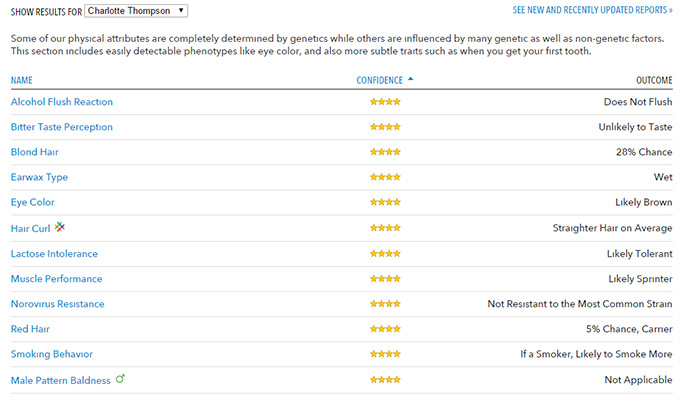
• I do not flush in response to alcohol. (just in response to the stupid things I say whilst under its effects!)
• I am “taste-blind” to the bitter components found in cabbage, raw broccoli, coffee, tonic water, and dark beers.
• My ear-wax type is err, “wet”. Who knew earwax was highly heritable?! Also, women with a wet earwax type are likely to produce more colostrum when breastfeeding!
• Interestingly and incorrectly, my eye colour is likely to be brown. My Dad’s eyes are brown and my Mum’s blue… brown is dominant, so I guess that’s the basis of the assumption? Mine are green, which means that with my particular inherited genotype, I only had a 37% chance of getting green eyes.
• I’m likely to be tolerant of lactose because I produce higher lactase enzyme levels.
• I’m more likely to be a sprinter (as opposed to a marathon runner).
• I’m unfortunately, not resistant to the most common strain of norovirus.
• I’m a red hair “carrier” but am unlikely to have red hair myself. Put me with another red hair “carrier” and we could have the most beautiful flame-haired children.
• I have moderately higher odds of detecting the scent of asparagus in my urine(!)
• I’m likely to have more freckling than average
• I metabolize caffeine quickly, reducing my chances of a coffee-induced heart attack
• I have higher-than-average odds of disliking the taste of cilantro (coriander). I’m not bothered by it.
There are many more tidbits of useless info like this gathered from your DNA data. I can’t deny, It’s ridiculously good fun to read about yourself like this.
All of the above comes under the “Health” heading on the website, there’s a whole other section devoted to “Ancestry”.
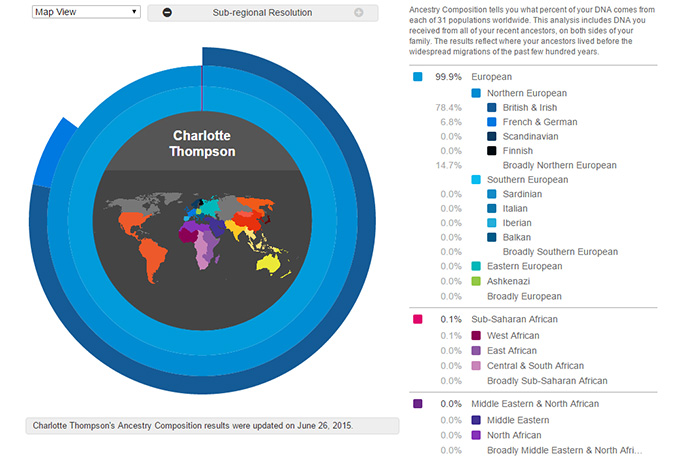
I won’t go into too much details on this section (because I’ve already written too much!) except to say that my genetic data has revealed that I’m 99.9% Northern European and 0.1% West African. From that giant 99.9%, 78.% is British/Irish and 6.8% is French/German.
My mitochondrial DNA shows that I descend from maternal Haplogroup V, which originated in Iberia during the Ice Age. Apparently, Haplogroup V was likely common in “Doggerland”, an ancient land now drowned beneath the North Sea. Blimey! This Haplogroup can now be found in 12% of people in the Basque region and 40% of Laplanders! I share my Haplogroup with Benjamin Franklin and err, Bono. Nevermind, you can’t win ’em all.
So, once you’ve read your results… then what? Well, things could actually get even more interesting in the future. 23andMe give you access to download your raw data and with this, you can upload the information to other 3rd-party websites. These websites, such as Promethease and GEDMatch, will give you access to even more information based on your human genome data. As you might imagine, these websites and databases are being constantly updated. Your raw data has an extremely long shelf-life when it comes to usability.
I’ve written far too much but I’ll leave you with one last little tidbit of useless info.
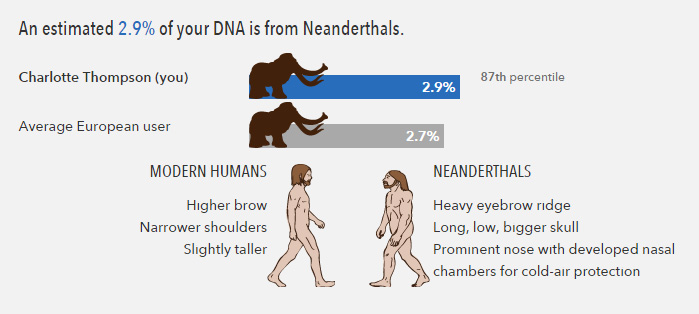
An estimated 2.9% of my DNA is from Neanderthals, this puts me in the 87th percentile amongst other Europeans. I’m basically a knuckle-dragging, low-browed imbecile and it’s a miracle I’m not typing this with my feet.
If you’re interested in unlocking the mysteries of your DNA, I purchased my DNA kit directly from the 23andMe website but I believe you can also buy them from some Superdrug stores, they’re priced at £125 and results take around 6 weeks to process.
* this post contains affiliate links








